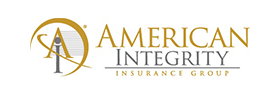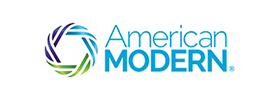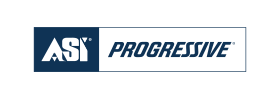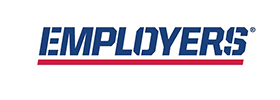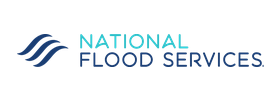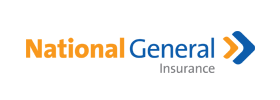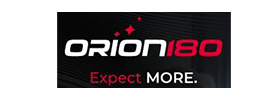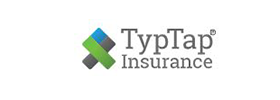As a business owner, you understand the importance of minimizing risk, especially when it comes to the people you depend on.
If your contractor hires a subcontractor who doesn’t carry adequate insurance, your own policy could be used to cover a workers’ compensation claim in the event of an incident. That means your business could be held financially responsible for something completely outside of your control.
When hiring a contractor or subcontractor, it’s important to remember that the cheapest option isn’t always the best option. A low price today could end up costing you much more in the long run.
At South Carolina Federal Insurance Solutions, we believe that confirming that your contractors and subcontractors are both properly insured is one of the most effective ways to protect your business. Claims filed against your policy to cover an uninsured person don’t only impact you in the short term – they can affect your rates for years to come.
One of the best ways to control exposure is to thoroughly vet your contractors and subcontractors before they start working. Here are a few tips for doing so effectively:
- Request proof of insurance. Always obtain current and valid certificates of insurance.
- Verify the insured party. Ensure the legal name of the contractor or subcontractor is listed on the policy.
- Check the coverages. Make sure workers’ compensation, employer’s liability, and general liability coverages are included so you’re not left responsible in the event of an accident.
- Review liability limits. Make sure the contractor or subcontractor carries adequate limits for each type of coverage.
- Confirm coverage dates. Policies should remain active for the entire length of the project or service period. Schedule a reminder to follow up a few weeks before the renewal date is set to expire. Also, check the certificate issue date (usually found in the top right corner) to verify their coverage is current. If the certificate is outdated, notify the contractor immediately so they can request updated documents from their insurance provider.
Hiring a fully insured professional helps shield your business from potential lawsuits and unnecessary financial obligations. Taking these proactive steps now could help you save significantly in the future.
At Insurance Solutions, we can help evaluate your coverage and provide guidance on how to best protect your business. Schedule a complimentary insurance review today and take the next step toward safeguarding your company’s future.





